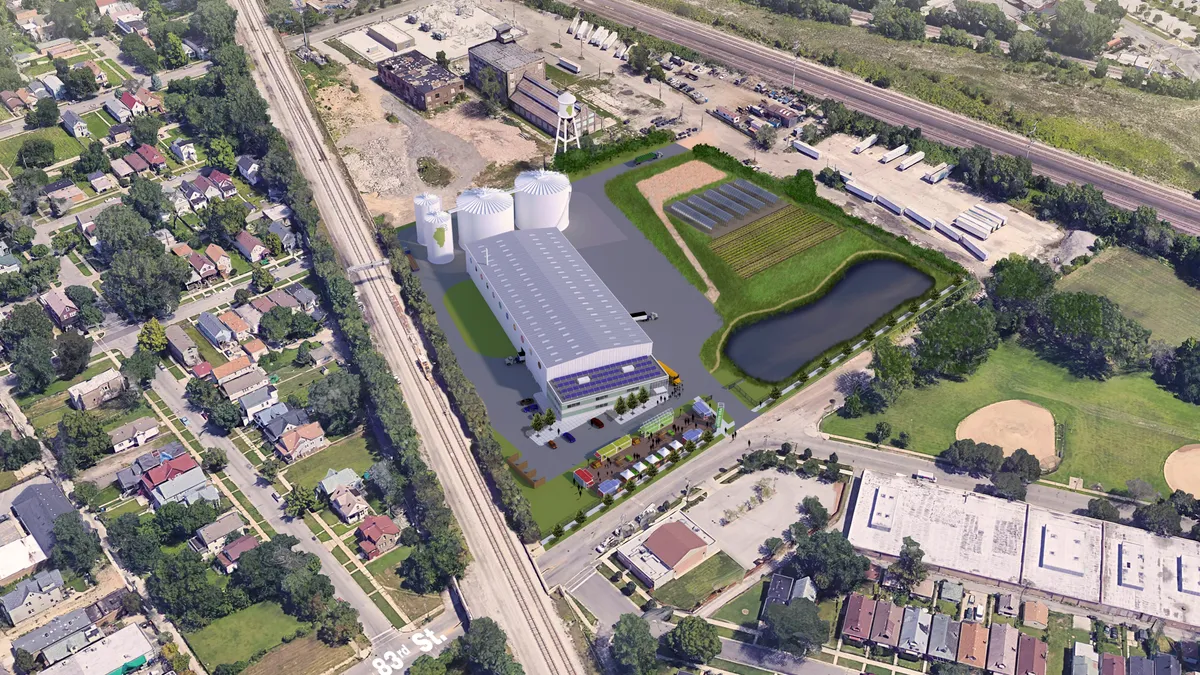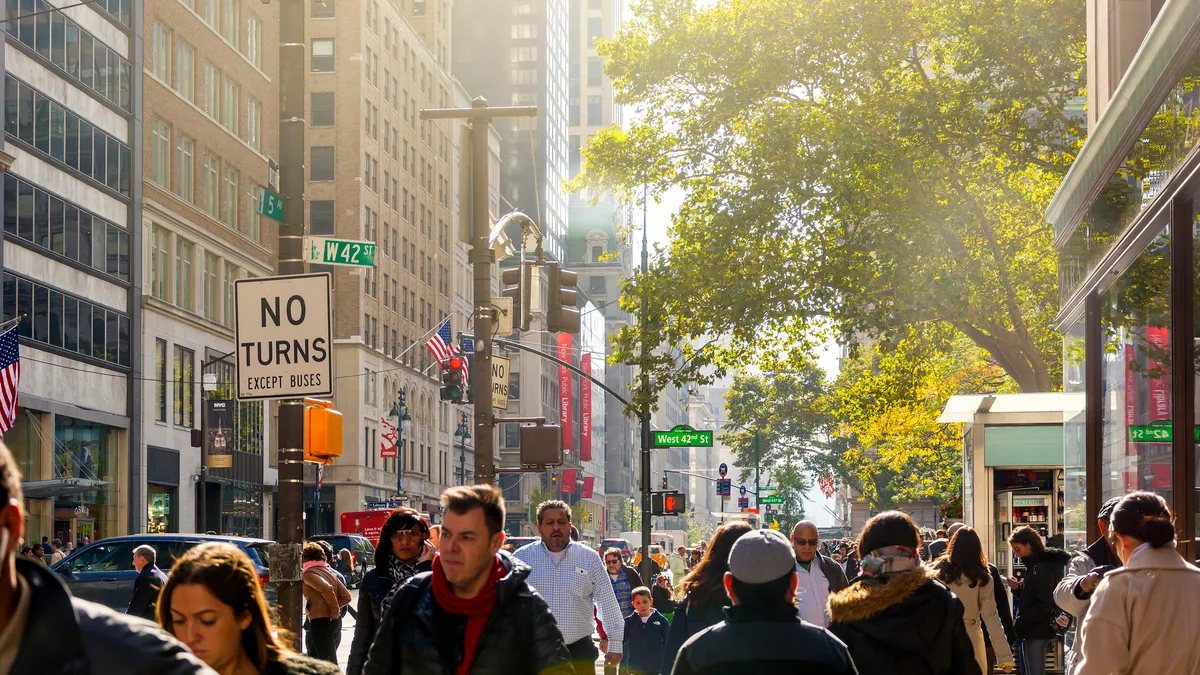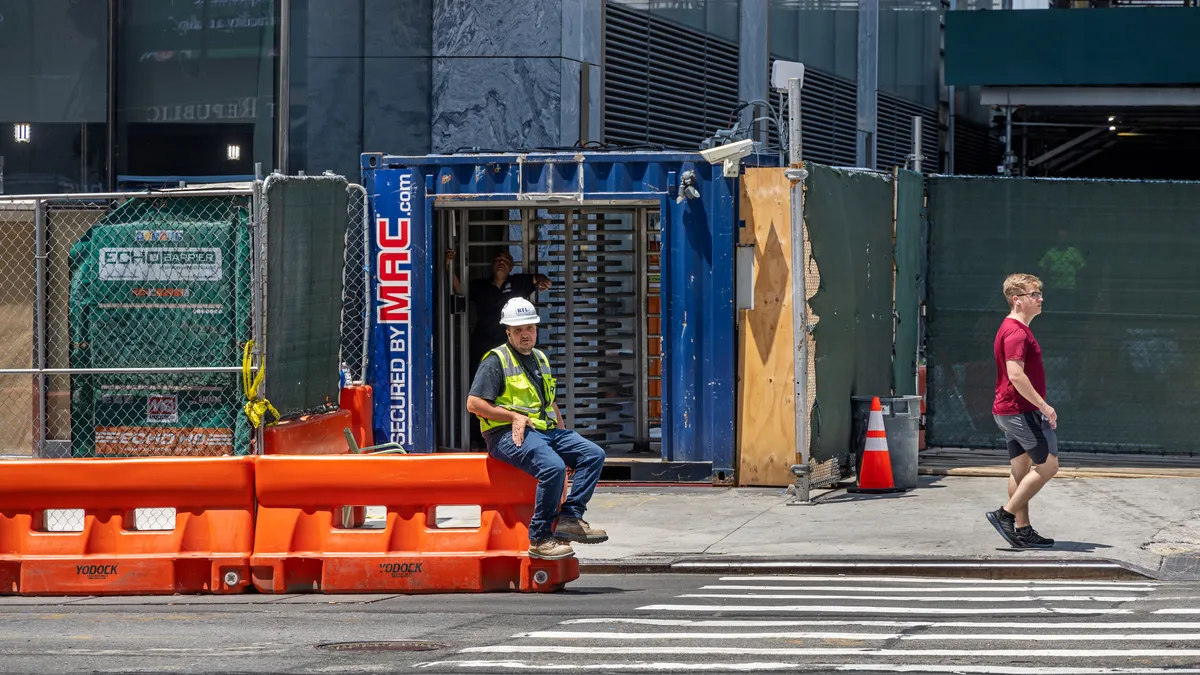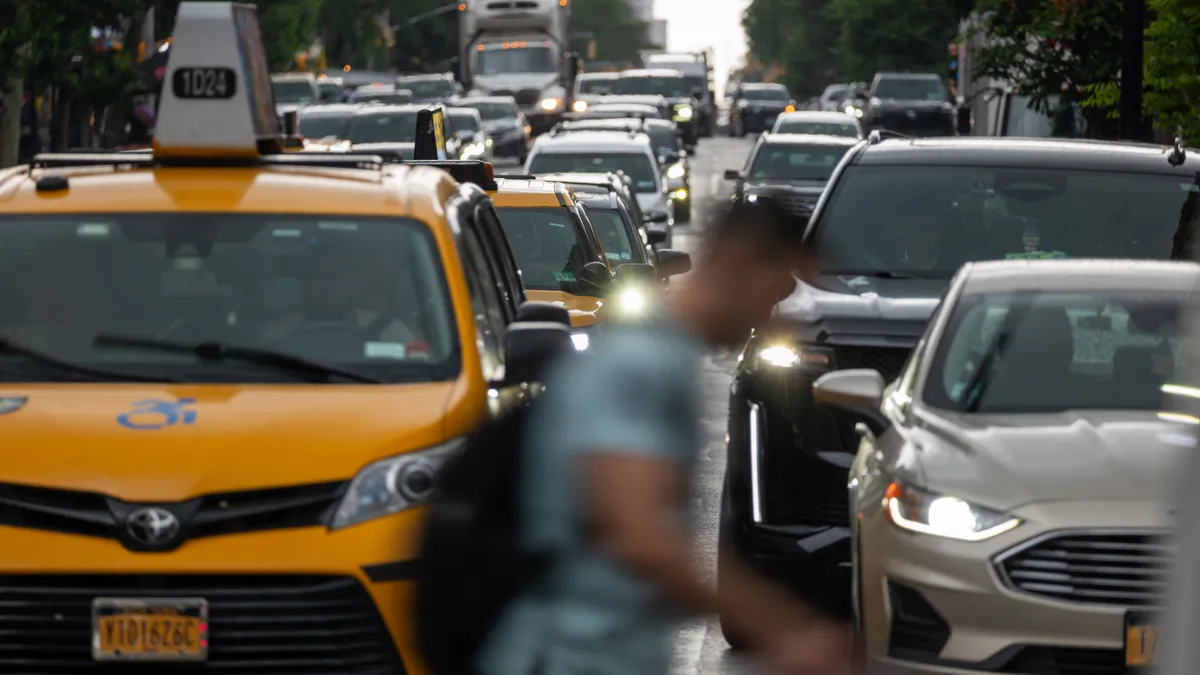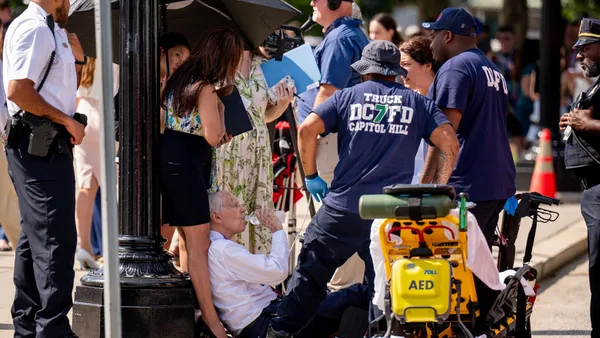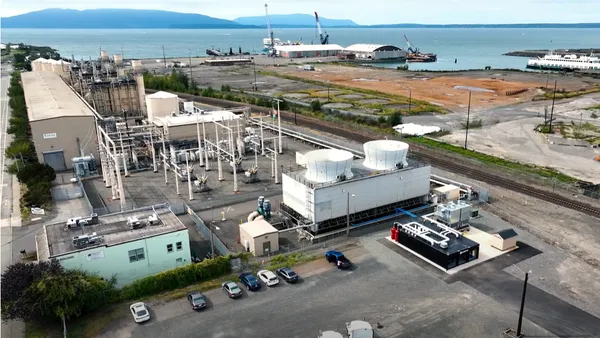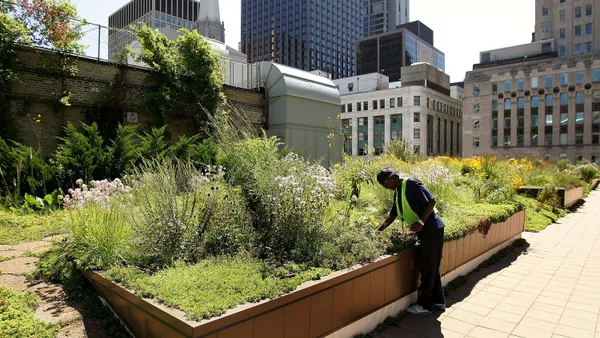Dive Brief:
- A Chicago community group in the Auburn Gresham neighborhood recently received the funding commitments needed to move ahead with a project to transform a nine-acre brownfield site into an urban farm. Construction on the $32 million project, which will include an on-site anaerobic digester (AD), begins next month and is expected to be complete by spring 2022.
- Green Era Sustainability will manage the AD facility, which is expected to process 85,000 tons of food waste and organic matter each year. The facility will produce material that can be used as compost for the urban farm and renewable natural gas that will be sold through an agreement with BP.
- Following a $10 million award from the Pritzker Traubert Foundation, a final $3 million in state funding helped close the deal. This includes $2 million from Gov. J.B. Pritzker's Rebuild Illinois capital plan and a $1 million loan from the Illinois Environmental Protection Agency's Brownfield Redevelopment Loan Fund. Additional project financing comes from a range of other sources, including a U.S. EPA brownfield cleanup grant.
Dive Insight:
The urban farm will grow an estimated 26,000 pounds of food per year for distribution in the community, which is considered a food desert. It is described as an example of working toward environmental justice in a low-income area that sustained a disproportionate impact from decades of disinvestment and industrial pollution. The site will also have an educational element to teach community members about growing their own food, healthy eating and organics recycling.
"The potential to provide environmental justice is huge," said Patrick Serfass, executive director of the American Biogas Council. "Communities that have suffered from environmental justice issues don't have a lot of trust for industry coming in and providing solutions because they've been burned so many times. One of the starting points here is to help everyone — from community members to leaders — understand the benefits that biogas can provide... The opportunity is incredible but education needs to come first."
Green Era Sustainability Co-Founder and CEO Jason Feldman said the project was initiated with the nonprofit Urban Growers Collective, which does agricultural projects in disadvantaged neighborhoods and will oversee the urban farm portion of the site. When they couldn't get enough compost for their community food growing projects, they started examining AD technologies, and momentum grew due to support from neighborhood groups. This project is getting a lot of attention because it is an example of a multi-benefit circular economy project to improve a traditionally underserved neighborhood, Feldman said.
"We want to show folks in a tangible way that it's worth taking the extra step to separate food waste," Feldman said. "It will be recycled locally, which creates jobs, but then it also creates the great byproducts of renewable energy to strengthen infrastructure and nutrient-rich material we can use to grow more food... We're trying to connect some of those dots. The linear economy right now is pretty unsustainable."
While food waste generally makes up one-third of the average waste stream, said Serfass, most cities currently do not have robust organics recycling programs and that material is often disposed. Therefore, cities cannot truly advance sustainability goals without an organics program, he said.
"The need to recycle food waste in cities is enormous. It's proportionate to the number of people," Serfass said.
The Chicago project is on the medium-to-large scale compared with other AD projects, according to sources. It is non-traditional due to its location in an urban neighborhood. AD facilities tend to be located in more rural areas because the land is less expensive for these capital-intensive projects. Plus, people aren't living adjacent to rural plants and thus aren't as bothered with odors. The Chicago facility will operate a depressurization system to mitigate odors.
Organizers and advocates believe the Chicago urban farm and AD project is one that other cities can and should replicate.
"If we can do this in Chicago — which is a tough way to do this — I can see it happening in many other Midwestern areas," said Feldman. "We've seen a lot of industry here leave and leave behind big, vacant brownfields, which we can use to create new, circular industry."



